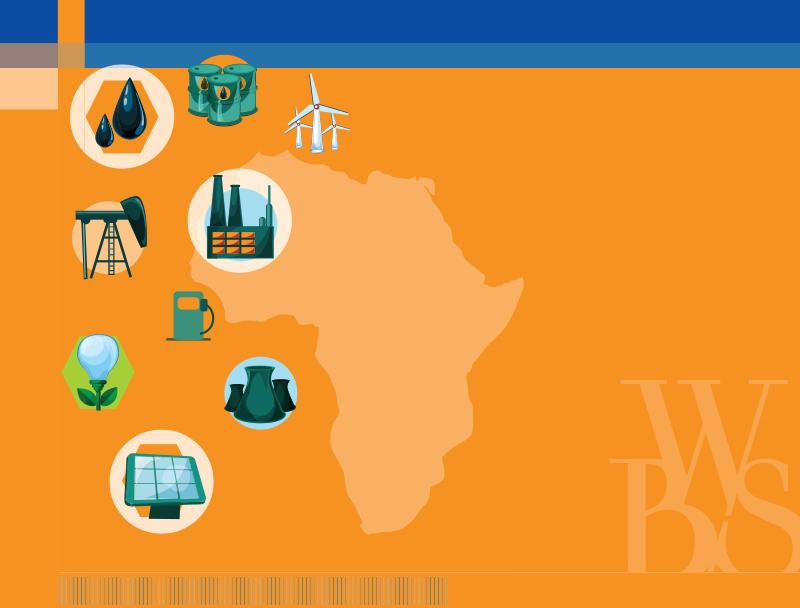How to apply to Wits
Complete the Online Application form
Pay a non-refundable application fee of R200
Download the Management-Part-3 form
Upload certified copies of ALL your tertiary qualifications- Degree certificate(s) and Academic transcript(s)
Upload current CV
Admission test - currently R950. (Please note: only shortlisted candidates will be invited to write the WBS Admission test)
Foreign Qualifications
Applicants who hold a foreign qualification need to send their qualifications to the South African Qualifications Authority (SAQA) for evaluation before applying to WBS. Visit saqa.org.za or email saqainfo@saqa.org.za Alternatively, you can call: 012 431 5070 or the helpdesk on: 0860 111 673
A R15 000 minimum deposit will be required upon acceptance of a place on the programme
Words from our Alumni
Disclaimer: Cancellation of programmes by WBS
WBS is entitled to cancel or change the date of delivery of a programme without notice and for any reason without incurring any liability to individuals who have applied or are enrolled on the programme or any funders of such individuals (“participants” or “funders of participants”).
Without derogating from the aforesaid, and insofar as it possible, WBS will provide the participants or funders of the participants with 30 (thirty days) days written notice of any cancellation or changes in the dates of delivery of the programme.
Insofar as the programme is cancelled or rescheduled prior to delivery of the programme then in that event the participants and funders of the participants will not be charged the full programme fees.


















